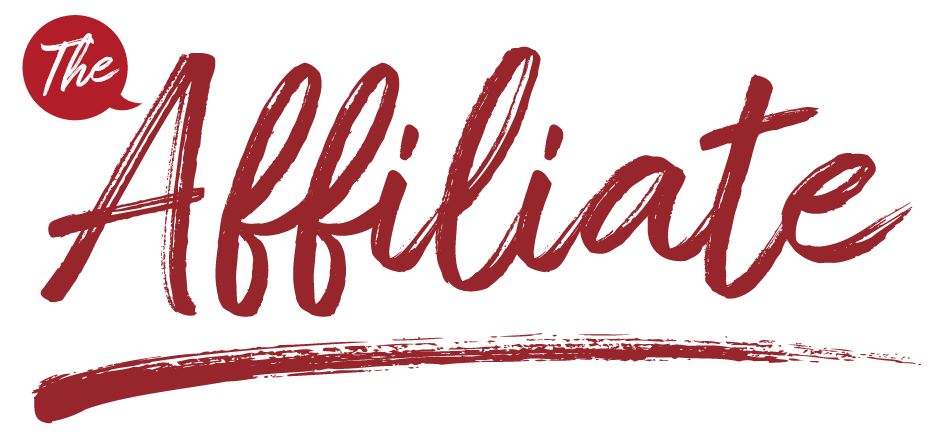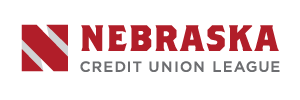Study after study indicates that financial literacy educational interventions in school classrooms has a positive impact on knowledge and measurable financial behaviors. Financial literacy education leads to better personal finance behavior. Individuals with higher levels of financial literacy make better personal finance decisions. Those who are financially illiterate are less likely to have a checking account, rainy day emergency fund or retirement plan, or to own stocks. They are also more likely to use payday loans, pay only the minimum amount owed on their credit cards, have high-cost mortgages, and have higher debt and credit delinquency levels.
To ensure Nebraska’s school children are receiving financial literacy education, Senator Tyrell McKinney introduced LB 452: The Financial Literacy Act. The bill acknowledges that financial literacy is a critical component for well-being that is not often afforded to everyone. LB 452 was introduced to address the inaccessibility of personal finance resources by affording students the opportunity to gain an introduction to critical financial literacy fundamentals during early and secondary education. Moreover, this bill intends to foster a generation of individuals who are economically balanced, sustained, ethical, and responsible.
As signed by the Governor, LB 452 requires the Nebraska Department of Education to create and distribute financial literacy curriculum guidelines to all school districts.
In 2023 each school district will be required to incorporate a financial literacy program into all phases of grades K-12 off the guidelines from the State Department of Education. Each school district is required to provide evidence to the Department of Education that financial literacy is being taught and that the Department evaluate the effectiveness of the program. Should a school district fail to provide evidence on an annual basis they can lose their accreditation status.
According to League President and CEO, Scott Sullivan, “Nebraska’s teachers are often asked to teach in a subject in which they are ill-prepared – including personal finance. Teachers need comprehensive and continuing education to prepare their students to be financially literate adults.
With the upcoming personal finance requirements, teacher training is critical. To make sure that Nebraska teachers have the skills necessary to implement the new state financial literacy requirements the League is pleased to sponsor the upcoming Personal Finance Institute to be held this Summer in Kearney. Our sponsorship will help prepare teachers with the content knowledge, curriculum, and pedagogy they need to be deliver the financial literacy courses.”
We are excited to partner with the Nebraska Council on Economic Education for the Personal Finance Institute. Credit unions have an excellent opportunity to be a part of this valuable program. To learn more about the program, you can go to their website to read about what the workshop will entail.



